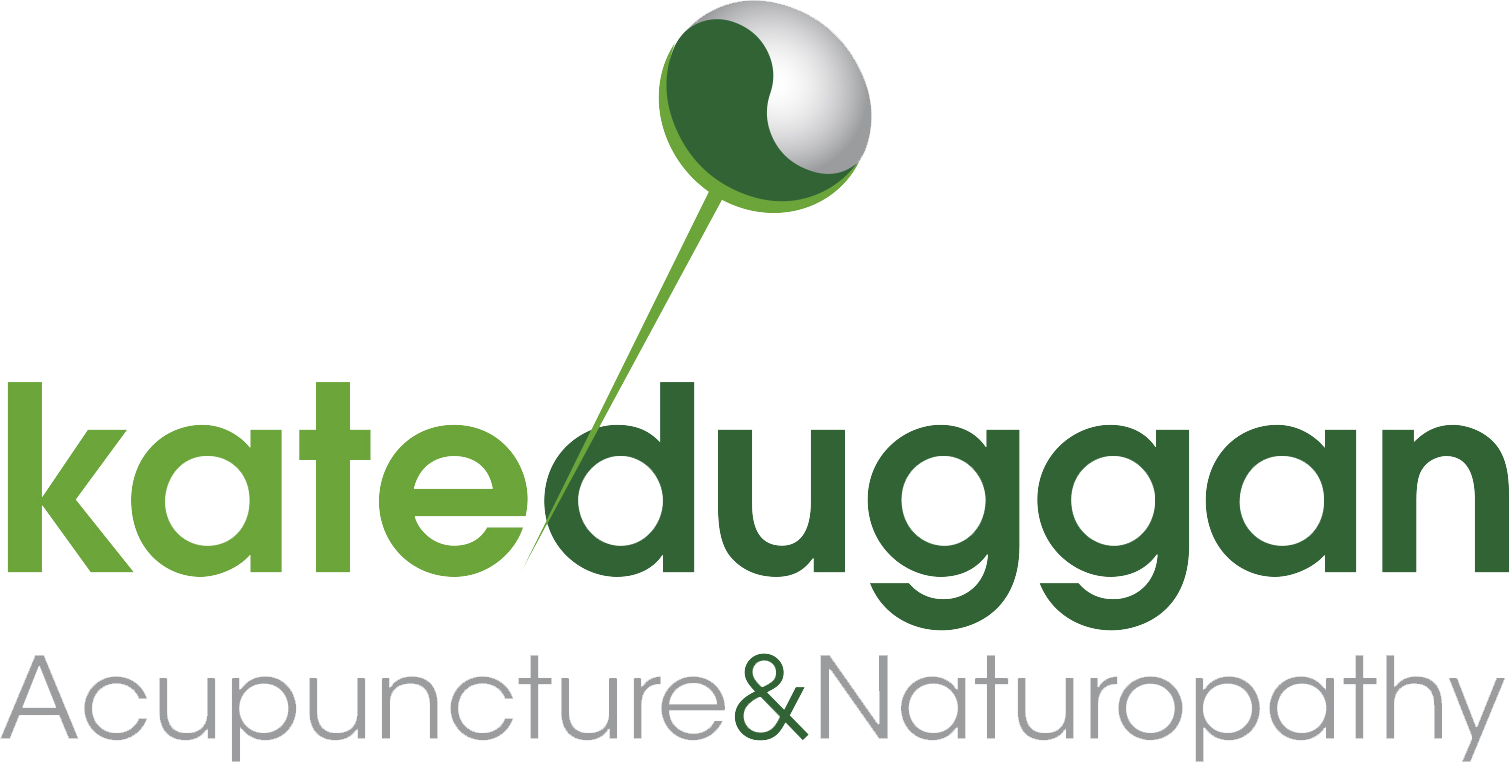Heat & Chinese Medicine
Anyone who has been given a diagnosis in Chinese Medicine is likely to have heard the terms ‘heat’, ‘cold’ or ‘damp’ in the body. So when your practitioner mentions ‘heat’ during your treatment session, what exactly does this mean?
There are different types of heat in Chinese Medicine which stem from different causes and need to be treated differently with acupuncture. Broadly speaking, these can be categorised into full heat, fire and empty heat.
Full Heat
Full heat is yang in nature. If something is yang it is active, it is bright and it produces energy. Within the body, the person will feel hot themselves or they will look hot, sometimes resulting in a fever. Energetically the person might feel a bit agitated or irritable and generally will have a preference for cold food and drink. The tongue will have yellow coating and the pulse will be rapid. Heat can affect the different organs of the body in Chinese medicine resulting in varying symptoms. For example, heat in the heart can lead to agitation or anxiety while heat in the stomach can cause mouth ulcers and a large appetite. If heat is translated into the blood, this can result in red skin eruptions such as boils or a high fever.
The cause of full heat in the body can be a number of factors. Sometimes it is the invasion of an external pathogen (a virus or bacteria) that creates heat in the body and hence the fever. Other times heat in the body can be brought about by a diet dominated by rich or spicy foods. Most commonly seen in my clinic, heat is caused by a stagnation in the body (often related to stress) which has not been adequately addressed or treated.
If heat is identified as part of your consultation it is important for the practitioner not to add more heat to the situation (e.g. moxa) as this will just aggravate the symptoms. Before addressing anything else, the practitioner must try and release this heat before moving on to treat other issues presenting.
If you have been told by your practitioner that you have heat in the body, there are a number of ways you can help yourself. Eat ‘cooling’ foods such as salads and watery fruit and avoid hot and spicy foods. If you suspect that your heat has manifested from stress (stagnation in the body), seek out some activities to alleviate some of those feelings such as mediation, yoga or gentle walks in the fresh air.
Fire
Full heat and fire present in a very similar way in Chinese Medicine but when heat turns to fire in the organs the symptoms are more intense and are energetically deeper. Where there may have been a fever with heat, there will now be a high fever. Where there may have been anxiety or agitation, there will now be manic behaviour or hallucinations. Blood may also be present in the symptoms such as coughing up blood or blood in the urine. According to Maciocia (2010), the tongue will have a yellow coating if there is heat but will be deep red with a thick dark coating which is dark yellow or brown / black.
Empty Heat
Empty heat is quite different to full heat even though some of the symptoms experienced by the person can be similar to full heat. Empty heat is brought about by something called ‘yin deficiency’. Yin deficiency often exists on its own (prior to deficient heat developing) and is characterised by symptoms such as a dryness e.g. throat, cough, mouth, tinnitus and a tongue with patches of no coating.
Yin deficiency is most often associated with the kidneys and it is the kidney energy which naturally depletes as we grow older. Kidney yin deficiency can also come about from over work or over play, over indulgence in partying or recreational drugs. These are all common reasons in the Western world that we see the kidney energy declining at an earlier age. The overwhelming reason I see for yin deficiency is overwork without adequate rest.
Over time, empty heat develops as a result of yin deficiency and this is when heat symptoms begin, many of which will be familiar to any women experiencing peri-menopause or menopause. Symptoms include sweating at night, evening thirst and ‘5 palm heat’ (heat in the palms of the hands, the feet and the chest). Empty heat usually creates a vague feeling of anxiety or restlessness as opposed to the full anxiety / agitation that comes with full heat.
Whether you are experiencing symptoms of full heat, fire or empty heat, the reality is that most likely you are feeling some degree of anxiety or internal imbalance. Rest and nurturing your energy is one of the greatest gifts you can give yourself during this time alongside a complementary therapy such as acupuncture which can be very effective for clearing all types of heat and associated symptoms.
